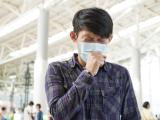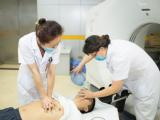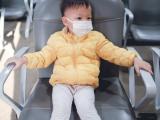Oct 23, 2003 (CIDRAP News) Researchers who met in Geneva this week agreed that any clusters of severe SARS (severe acute respiratory syndrome) cases would probably be detected quickly but that isolated cases might not be, the World Health Organization (WHO) said yesterday.
"The system of alert now in place will probably work well to pick up clusters of severe disease," the WHO said in a report on the 2-day meeting, where more than 30 experts worked on a SARS research agenda. False alarms have already occurred, indicating that the alert system is working well, the agency said.
"However, participants agreed that sporadic cases of SARS may not be detected early," the statement said. "Mild SARS cases and cases with atypical symptoms could be initially missed." At least half of the world's population lacks access to healthcare facilities that can provide simple chest x-rays, a deficiency that weakens global surveillance, officials said.
The researchers also noted that all the available diagnostic tests for SARS have limitations, leaving no "gold standard," according to the report. Different tests are appropriate at different stages of the disease, and serologic tests are affected by cross-reaction with other human coronaviruses, which are widespread.
Given the drawbacks of tests and the implications of any new SARS outbreak, the researchers "recommended a policy of rigorous verification, whereby positive tests in one laboratory would need to be confirmed by an external, internationally recognized reference laboratory," the WHO said.
The researchers also called for more study of the need for infection control measures to prevent airborne spread of the SARS virus versus measures to prevent spread via droplets and contact with body fluids. Airborne infection control measures are disproportionately costly and very demanding for workers, the WHO noted. Last week the agency said it had found no evidence that SARS is an airborne disease. But the US Centers for Disease Control and Prevention, in SARS guidelines also issued last week, said the possibility of airborne transmission has not been ruled out.
In other deliberations, the SARS experts:
- Said health authorities should provide the WHO with lists of all laboratories that are conducting SARS research or holding samples of the virus
- Recommended development of a system to compile epidemiologic, clinical, and laboratory data on SARS and integrate them into a single database that would be available internationally
The WHO said the meeting participants were still reviewing the research agenda, but it is expected to be completed and released within a week.
See also:
WHO news release
http://www.who.int/csr/sars/archive/research/en/





















